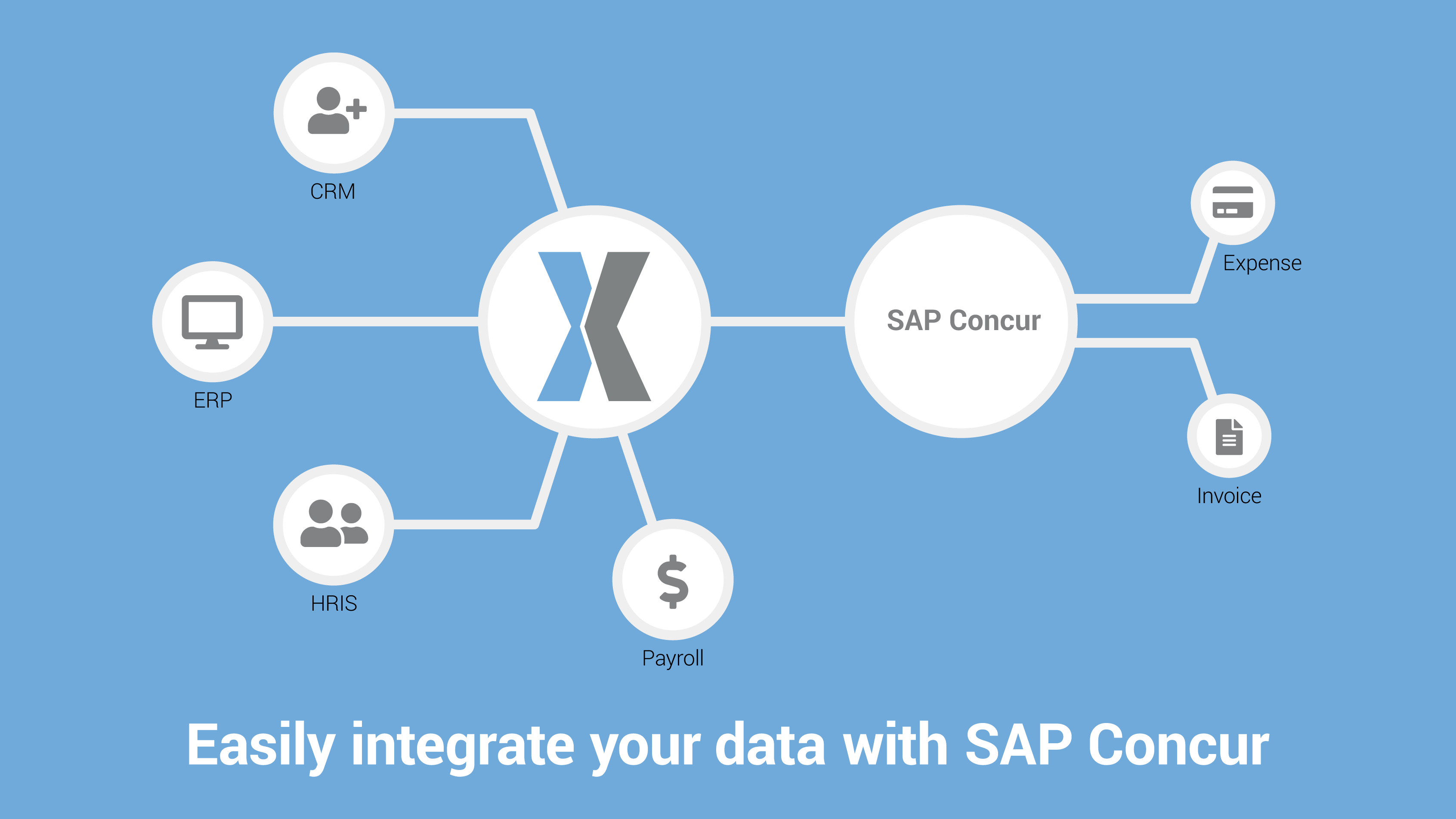The fast-paced digitalization in today’s business world has made it easier than ever before to manage inventory and orders. Unfortunately, it also increases the risk of supply chain cyberattacks that can lead to lost revenue and reputation. The aftereffects of any data breach can be widespread and severe, so the best way to protect your brand is to create a supply chain risk management strategy before anything happens.
Every organization must create and maintain a proactive strategy for security both in-house and throughout the entire supply chain process. Today’s global markets require complex and multi-part shipping and logistics systems. These complicate the identification of possible failure points and make securing them incredibly difficult.
One of the first things any company must do is abandon the idea that data protection is an IT issue alone. Although the tech team and network security specialists bear the brunt of these efforts, the entire problem involves every employee, third-party representative, in-house operational processes, and more. Therefore, the preventative measures put in place must look at every element from start to finish.
Integrate Supply Chain Security with All Aspect of Business
Reactive policies are the least effective way to secure your business’s supply chain. It does not help to take a patchwork approach to this serious issue. That creates indecision, ambiguity, and cracks that act as a welcome mat to cyber criminals. Instead, integrate security fully with governance and imbue everything from daily operations to long-term strategies with effective policies and practices. This allows everyone within your organization to understand and act in the best way possible from the start.
Best practices for cyber supply chain security include:
- Identifying responsible parties associated with suppliers and vendors
- Checklist creation for the third-party vetting and choice process
- Set rules for oversight and evaluation of their cybersecurity practices
- Creating a specific method for performance and progress measurement
Take a Hard Stance on Full Compliance
The continued success of your organization depends on more than ad hoc security policies. Indeed, some businesses, especially in the defense or other highly regulated industries must comply with legal regulations. These include the Cybersecurity Maturity Model Certification (CMMC), the GDPR, PCI DSS, and HIPAA for any that deals with personal medical records or health-related topics.
This level of compliance involves serious assessments, legal documentation, the filing of various reports by deadlines, and close adherence to specific rules. In order to operate legally, the organization must set up a detailed and effective cybersecurity system. This affects not only the source company but should also infiltrate the expectations of all third-party vendors, suppliers, or service providers.
There is simply no leeway when it comes to risking regulatory approval or the security of in-house or customer -related data. Everyone on the team must align with the same strict standards. Make sure to check for any updates or new rules on a regular basis.
Create and Use Multi-Layered Security Strategies
Threat prediction is not a precise science, especially when it comes to dealing with multiple suppliers and vendors. The number of potential risk factors is far too great to handle with a simple strategy. This necessitates the creation and deployment of overlapping layers of security. This offers a holistic approach to fend off potential problems that may occur down the road. It creates a system of overlapping protection. In case cyber criminals get through one-layer, other ones are in place to compensate.
Of course, the systems are only as strong as the people involved in their operation and maintenance. One of the most important aspects of multilayered strategies is training. Every employee involved must have education, understanding, and compliance testing to ensure they are a powerful asset in the overall security plan.
Target Global Data and IT Security Standards
The world of business has gone global in a big way. Today’s supply chains connect across borders and require effective communication and interaction with diverse teams. This creates more challenges involving huge data sets of sensitive and proprietary information that require both secure storage and transmission.
Enforcing IT and data handling standards lays a strong foundation of security. Adopt international standards for best results. These include HIPAA and GDPR among others. All software as a service (SAAS) vendors must also comply with SOC 2 and ISO27001. These represent optimum industry standards for cyber supply chain security.
A Robust Plan for the Future
Supply chains continue to grow more complex and digitalized as they expand to fit new global industries. You must identify and overcome any weaknesses or gaps in your current cybersecurity system now. This takes considerable time and effort, and you do not want it to detract from everyday operations and future growth opportunities. Engaging the services of a professional IT security team is the best path forward.
We stand ready to create a custom strategy that works for your organization and to deploy this multi-faceted system in the most seamless and effective way possible. We can help secure your data, comply with legal regulations, and pave the way for a smoother future.
Contact us today to begin the process of managing supply chain risks using the latest and best methods.





